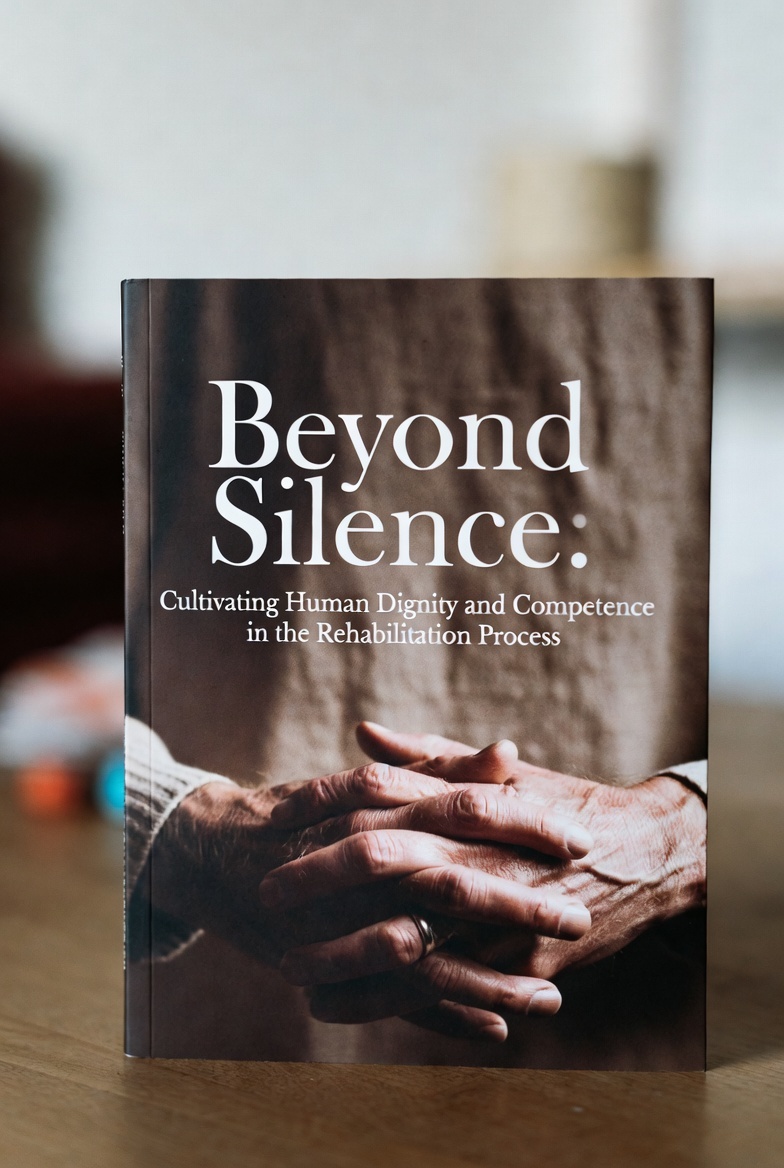When we think about depression, many people might just imagine feeling sad or down for a few days. But clinical depression is a lot more complicated than that. It’s a real medical condition that affects how you think, feel, and act.
In some cases, depression can be so severe that it makes it difficult, if not impossible, to work.
So, the question becomes: can you get long-term disability benefits if you’re showing symptoms of anxiety and depression?
Can You Get Social Security Disability Benefits for Depression?
Yes, depression can qualify for Social Security disability benefits under certain conditions. To qualify for Social Security Disability Insurance (SSDI) or Supplemental Security Income (SSI), your depression must be severe enough to limit your ability to work for at least 12 months.
The Social Security Administration (SSA) considers depression a disability if it meets specific criteria, such as:
- Persistent feelings of sadness and hopelessness.
- Difficulty concentrating or completing tasks.
- Suicidal thoughts.
- Severe weight loss or gain.
- Disrupted sleep patterns.
If your depression meets these criteria and you’ve been experiencing it for at least two years, you might qualify for Social Security benefits.
How Is Depression Diagnosed?
Before you can apply for long-term disability benefits for depression, you need an official diagnosis. The insurance company will require this to approve your claim. But how is depression diagnosed?
Your doctor will start with a physical exam to rule out other medical conditions that might be causing similar symptoms. If everything looks normal physically, your doctor may refer you to a mental health professional, like a psychiatrist, for further evaluation.
To diagnose clinical depression, a doctor or psychiatrist will ask you about your symptoms, how long you’ve been feeling this way, and how severe the symptoms are. They may also ask about your family’s mental health history, since depression can run in families.
In some cases, they may talk to close family members to get a fuller picture of how your depression is affecting you.
How Do You Prove You Cannot Work Due to Depression?
When you file a long-term disability claim for depression, it’s not enough to simply say that you’re too sad to work. You have to explain exactly how depression is preventing you from doing your job. Insurance companies need specific details about how your symptoms are impacting your work performance.
For example, if you find it impossible to get out of bed due to fatigue and sadness, that’s preventing you from going to work. If you’re struggling to concentrate during meetings or can’t handle the stress of a busy workday, that’s also relevant.
Be specific about how your symptoms affect your ability to do tasks, whether it’s answering emails, meeting deadlines, or even just getting to work on time.
Here are more ways you can prove your inability to work:
Write a personal narrative about your depression
A personal narrative is one of the most important parts of your disability claim. In this narrative, you explain in your own words how depression affects your daily life. It’s your chance to give the insurance company a clear picture of your struggle.
Be as detailed as possible. Talk about how long your symptoms have lasted, how severe they are, and how they specifically impact your work. Also, mention any triggers that make your depression worse, like certain work pressures or personal stress.
Provide evidence from your doctor(s)
Your doctor’s support is crucial when applying for long-term disability. The insurance company will look at your doctor’s reports to see how severe your depression is and whether it’s impacting your ability to work. Your doctor should document:
- How often and how severe your symptoms are.
- Any physical or mental health findings during your visits.
- How depression affects your daily activities.
- Any restrictions or limitations that prevent you from working.
Having your doctor on your side will strengthen your claim significantly.
Undergo a neuropsychological evaluation
A neuropsychological evaluation is a detailed test that measures how depression is affecting your brain functions, such as memory, concentration, and problem-solving skills.
This evaluation can provide hard evidence of how depression is impacting your ability to work. It can also help show whether other mental health issues are at play, like anxiety or cognitive impairment, which can also affect your work performance.
Get appropriate treatment for depression
The insurance company or Social Security wants to see that you’re actively seeking treatment for your depression. If you’re not getting the right care, they may deny or terminate your claim.
Treatment for depression can include medication (antidepressants or mood stabilizers), therapy (cognitive-behavioral therapy), or even inpatient care if your symptoms are severe.
The key here is to follow through with treatment and keep detailed records of your progress. This shows the insurance company that you are doing everything in your power to manage your condition, which can help support your claim.




